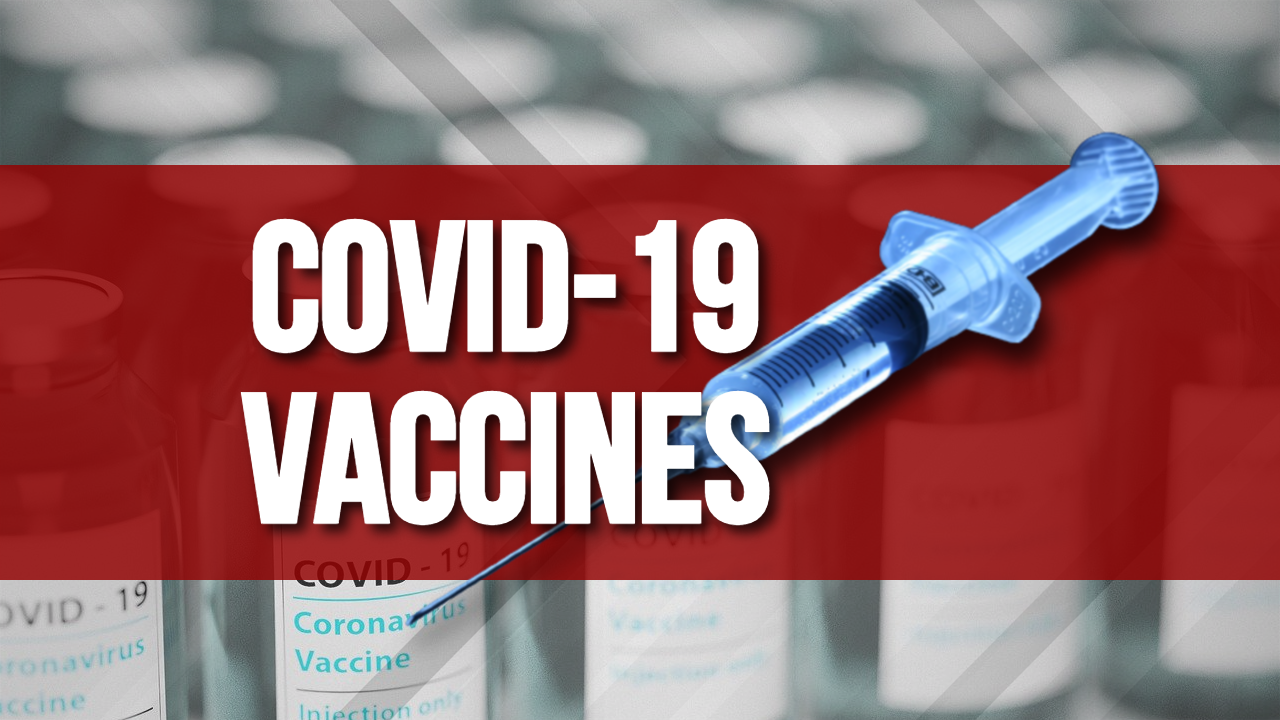GET VACCINATED EVEN IF YOU HAD COVID-19
You should get a COVID-19 vaccine even if you already had COVID-19. No currently available test can reliably determine if you are protected after being infected with the virus that causes COVID-19.
Getting a COVID-19 vaccine after you recover from infection with the virus that causes COVID-19 provides added protection to your immune system. People who already had COVID-19 and do not get vaccinated after their recovery are more likely to get COVID-19 again than those who get vaccinated after their recovery.
If you currently have COVID-19, you should wait to get your vaccine until your symptoms are gone (if you had symptoms) and you are done with your isolation period.
If you are not vaccinated and were exposed to someone with COVID-19, you should wait until your quarantine is over to avoid getting others sick while you get your vaccine.
MASK USE ON PUBLIC TRANSPORTATION
At CDC’s recommendation, TSA will extend the security directive Order for mask use on public transportation and transportation hubs for one month, through April 18, 2022.
During that time, CDC will work with government agencies to develop a revised policy framework for when, and under what circumstances, masks should be required in on public transportation.
This revised framework will be based on:
* COVID-19 Community Levels [11]
* Risk of new variants
* National data
* Latest science on COVID-19
CDC does not require wearing of masks on buses or vans operated by public or private school systems, including early care and education/child care programs.
TEST SOON AND TREAT EARLY
If you testpositive for COVID-19 and have one or more health conditions that increase your risk of becoming very sick, treatment may be available. Contact a health professional right away after a positive test to determine if you may be eligible, even if your symptoms are mild right now.
Don’t delay: Treatment must be started within the first few days to be effective.
For people at high risk of severe illness, the FDA has issued Emergency Use Authorization for a number of treatments for COVID-19, including monoclonal antibody treatments and oral antiviral medications. Your healthcare provider will decide which, if any, of these treatments are appropriate for you.
COVID DATA TRACKER NEW HOME PAGE
CDC’s home for COVID-19 data, the COVID Data Tracker, has a new homepage with updated tools and features. Find the data you need to help protect yourself, your family, and your community.
COVID Data Tracker updates daily with the most accurate and complete information from states, partners, and other federal entities.
Since its launch in April 2020, CDC’s COVID Data Tracker has had more than 284 million views from people in the United States and around the world. These critical data inform public health action to reduce the spread of COVID-19 and save lives.
COVID DATA TRACKER WEEKLY REVIEW
For many people in the U.S., the risk for severe illness, hospitalization, and death from COVID-19 is now much lower. But some people are still at high risk.
As the pandemic enters a new phase, the COVID-19 Community Levels tool can help people at high risk make decisions to protect their health.
COVID-19 Community Levels
CDC uses COVID-19 Community Levels [21] to determine the disease’s impact on counties and recommend prevention measures.
CDC also tracks cases, laboratory tests, vaccinations, deaths, and other pandemic data and provides them on our COVID Data Tracker.


